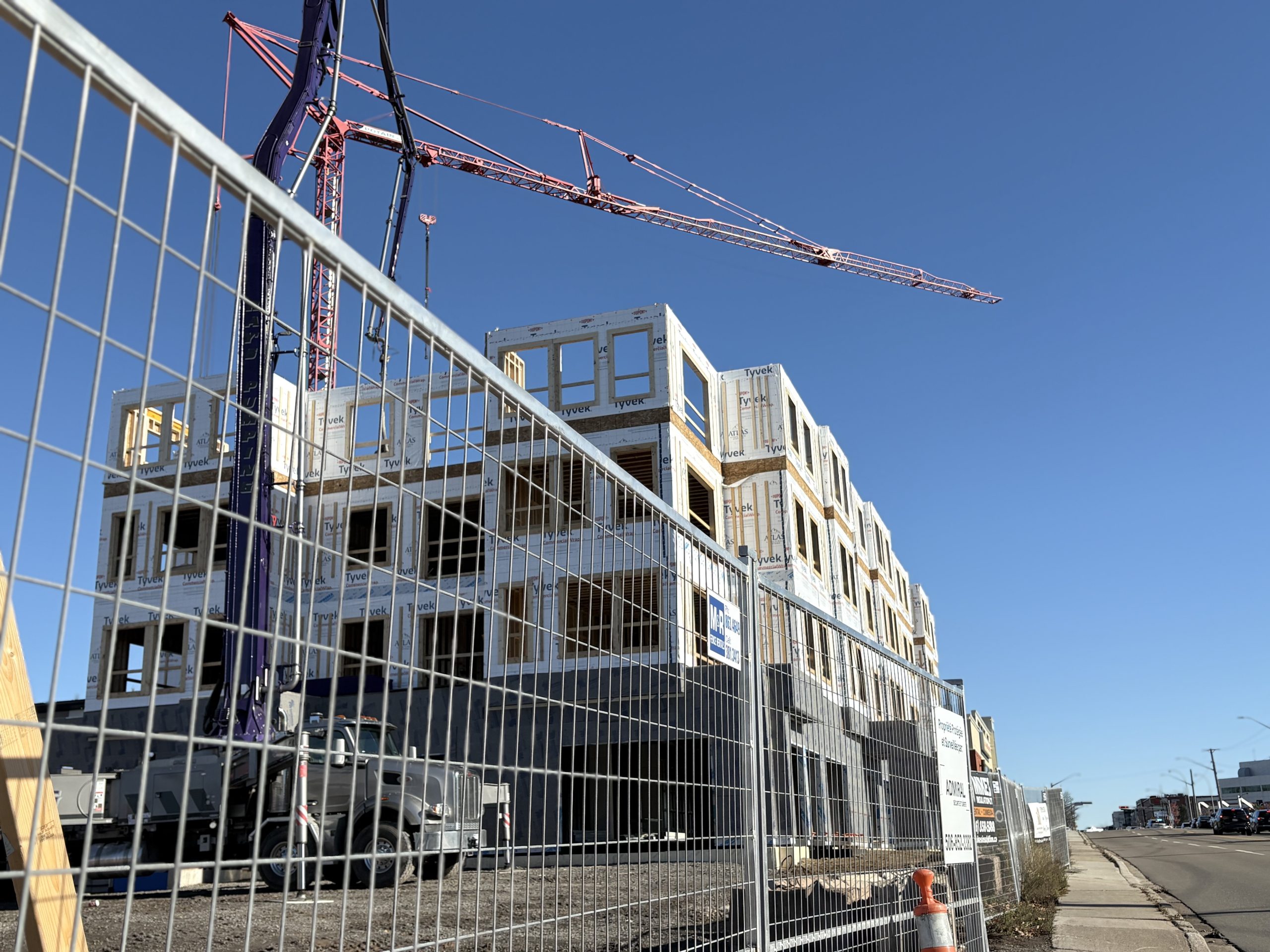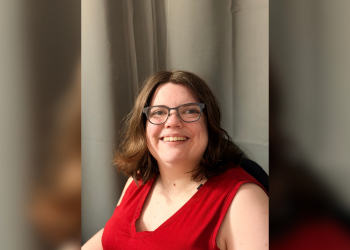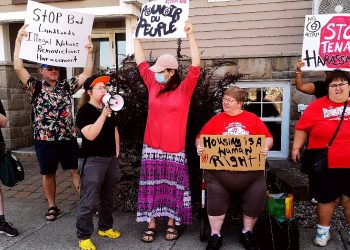It might sound strange, but I prefer living in the city over the countryside—even though I grew up rural. As someone who uses a wheelchair full-time, city life offers smoother terrain, better accessibility, and more independence.

When I was working, I had a wheelchair-accessible van. But after stepping away from my career for medical reasons and facing rising costs, vehicle ownership became unrealistic. That’s when I decided to move to the heart of Dieppe, where I could access everything without relying on buses or booking rides days in advance. I’m spontaneous by nature, and planning transportation a week ahead just doesn’t suit me.
After lots of planning, I found an apartment surrounded by the services I need. In Dieppe, ground-floor apartments are rare because most buildings reserve that space for retail. So I chose a second-floor unit—not ideal, but it came with perks: better security, a shared entrance meant no snow removal responsibility at the front door, less risk of theft, and neighbors close enough to help in a pinch (like when my robot vacuum got stuck under my chair!). And the added privacy of living away from curious eyes appealed to me. Also, heating is easier in a multi-unit building, and overall, it felt like the right choice..
But there’s one major issue that’s rarely discussed: fire evacuation for people who can’t walk—especially those living alone. We know that elevators should not be used during a fire. This leaves us with very few options. Sure, a neighbor might help with a stuck vacuum, but asking someone to carry you down in a fire? That’s a different story.
When I moved in, my friend and I went straight to the fire department to ask about evacuation plans. I was sure there was something all mapped out for people with disabilities already. How naive of me to think that our lives would be held at the same value as others. The answer? “Do you have sprinklers? Then I wouldn’t worry. These buildings rarely burn down.” This had to be one of the most ableist things I had heard in a really long time. My friend and I were both shocked. Apparently, my “fire plan” is to hope nothing happens because the sprinklers did their job, or it’s to wait in the stairwell and hope the firefighters find me.
Ask yourself, would other people, in any given building, ever be asked to stay inside when a fire alarm goes off. No? Now ask yourself why we are. Does this thought make you feel uncomfortable? It should.
In a city such as Dieppe, growing by leaps and bounds, when it comes to architecture it becomes really important to move up instead of sideways. Footprints are everything. It also makes sense to have retail units on the ground floor. Where does this leave wheelchair users? In upper-floor units, of course.

In the past, it may not have been as crucial for fire departments to be ready for this, as people in wheelchairs mostly lived in ground floor units. This is no longer the case and it is no longer a choice. Our lives matter. This needs to change.
With technology as advanced as it is today, there is no excuse to not have a system in place that can map out where people in wheelchairs are when a fire alarm goes off in any given building. Not doing so is blatantly neglectful.
The city of Fredericton has implemented something to help keep people safe. It is high time that all cities and regions in New Brunswick follow suit.
Follow the links for more information about Fredericton’s programs;






![‘Anything but Conservative’ is preferred election outcome for many First Nations voters [video]](https://nbmediacoop.org/wp-content/uploads/2025/04/MTIMar312025-120x86.jpg)


